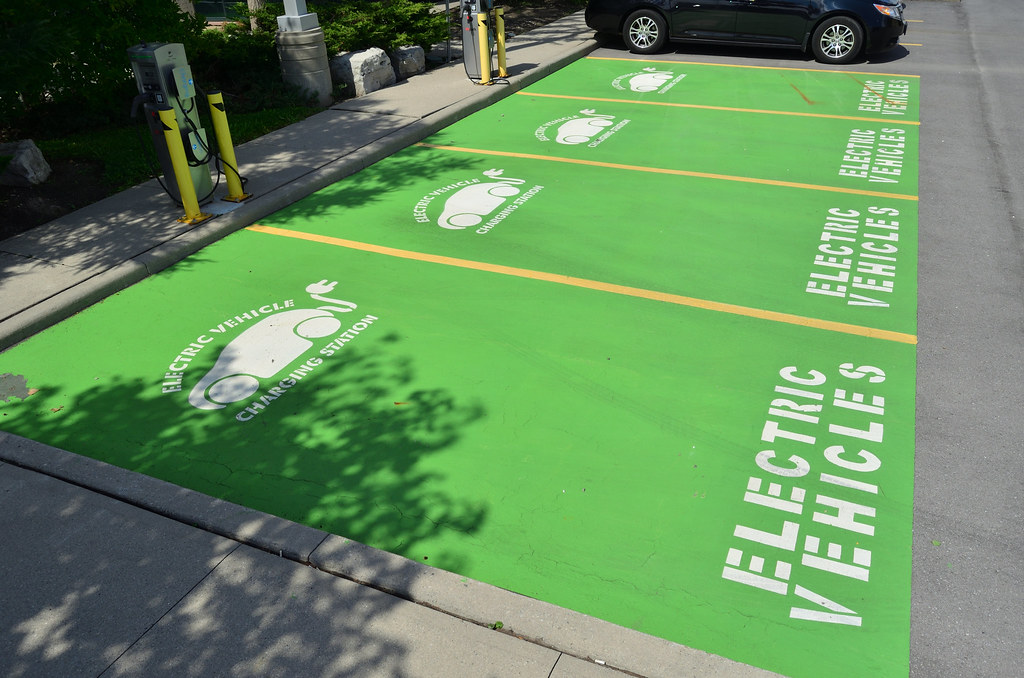WASHINGTON (Washington Insider Magazine) – States have been given permission to establish a countrywide network of electric vehicle charging stations, with new or improved stations every 50 miles (80 kilometers) along interstate highways, as part of Vice President Joe Biden’s strategy to encourage broad adoption of zero-emission vehicles.
Under President Joe Biden’s infrastructure law, the government announced on Thursday the availability of $5 billion in federal funding to states over 5 years, drawing out a vision of seamless climate-friendly vehicle travel from coast to coast.
States must disclose proposals to the federal government and can break ground by this fall if they concentrate first on highway routes, instead of neighborhoods and shopping centers, that allow people to drive their electric cars long distances, according to new Transportation Department requirements. According to ABC NEWS, each station would need at least four fast-charging ports, which allow drivers to fully charge their vehicles in roughly an hour.
The bill also includes an extra $2.5 billion in local funds, which will be distributed later this year to fix remaining shortages in the charging infrastructure in disadvantaged communities and rural areas which are currently less likely to acquire the more expensive electric vehicles.
During his presidential campaign, Biden promised to build the first-ever infrastructure of 500,000 charging stations. He’s also set a target of 50% electric car sales by 2030, as part of a larger US drive to achieve zero emissions by 2050.
In the United States, there are over 50,000 charging stations with more than 100,000 outlets. After Biden’s proposed $15 billion for charging infrastructure was reduced in half, senior administration officials now view money in the infrastructure package as a first step toward attaining the half-million objective by 2030. They believe the new development will entice the private sector to make more large investments.
Electric vehicle owners already charge their vehicles 80 percent of the time at home, making the demand for EV charging stations at apartment complex parking lots, colleges or even public streets less urgent. However, as more individuals who don’t have a driveway to install a charging station purchase EVs, this is likely to change.
States would be eligible to build EV stations in neighborhoods and cities under the Transportation Department plan once the Federal Highway Administration and Buttigieg certify that they have done their part to fulfill commitments to the highway EV charging infrastructure, known as alternative fuel corridors.


























